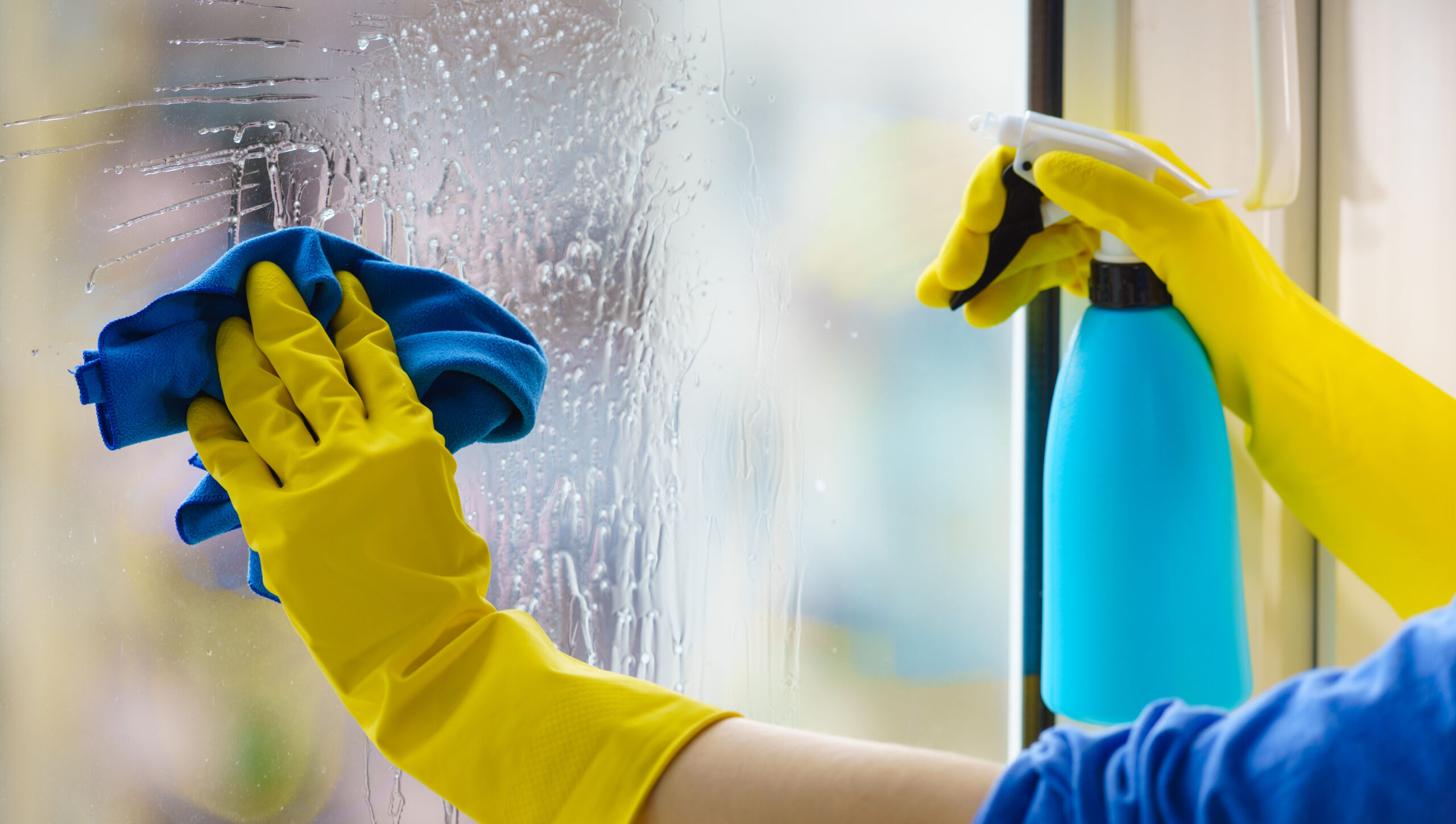Though a clean home benefits health, you can go too far trying to eradicate germs. Inhaling fine mists from cleaning sprays can aggravate respiratory ailments, and many products have ingredients with known suspected health risks. Of special concern are artificially scented products and air fresheners, since potential toxins, such as phthalates, can be concealed under the ingredient term “fragrance”.
A 2009 US study supports the notion that routine household cleaning can trigger symptoms in the upper respiratory tract, with asthmatic women faring the worst. And, a 2007 study of 3,500 European men and women revealed a direct correlation between the use of household spray cleansers and the new onset of asthma in adults, Researchers found that the health risks increased for those who cleaned more frequently or who used many different types of sprays.
The cleansers used in the study were popular household brands that contained ammonia, chlorine-releasing agents, glycol ethers, and terpenes. Researchers have found the glycol ethers (in floor waxes and tile cleansers) and terpenes (in pine-scented cleansers) emit toxins when they interact with ozone in the air – of most concern if you live in a smoggy area. I recommend using simple homemade formulas instead of relying on potent chemical cleansers. Most of them can be made from familiar ingredients such as vinegar, baking soda, and optional essential oils. If the mist from the spray bottles aggravates your asthma or respiratory issues, try putting these cleaning agents directly on a sponge or dry cloth.
Kitchen: For a great all-purpose cleanser, I recommend white vinegar: a solution of just 5 percent vinegar kills 99 percent of bacteria. For a 24-ounce spray bottle, use 2.5 tablespoons of vinegar and fill with water. Add a few drops of essential oil (tea tree or lavender are great for their anti-bacterial properties) for a pleasant scent.
Bath: to scour sink, tubs, and showers, baking soda is the best alternative to commercial products. Super Natural Home (Rondale 2009)I recommend making a paste with baking soda and a little water, letting it sit on stains for about 30 minutes, and wiping it off with a sponge.
Windows: For a streak-free shine, free of ammonia or other chemicals, the book Naturally Clean (New Society, 2006) suggests mixing 2 cups water with a quarter cup of distilled vinegar in a spray bottle or bucket and cleaning with a squeegee.
